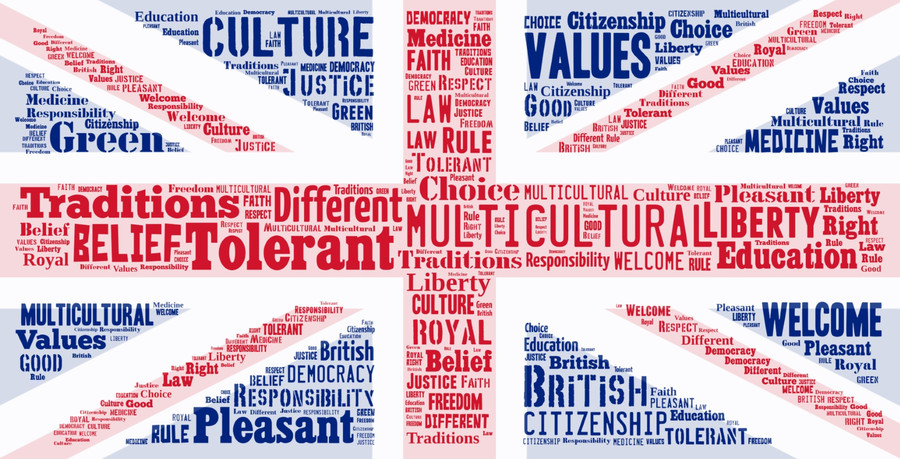British Values
The 4 Main British Values
Democracy:
Pupils, parents, and staff should have the right to have their voices heard. We have a pupil-elected school council where class representatives raise issues and suggest ideas for improvement.
The Rule Of Law:
The importance of law and rules is taught and reinforced to teach students to distinguish between right and wrong. This helps children to take responsibility for their own actions. Key Stage 2 Students are taught the reasons behind rules and laws, how they govern and protect us, and the consequences of what happens when these laws are broken.
Individual Liberty:
The promotion of freedom of choice and the right to respectfully express views and beliefs in a safe environment is explained to pupils. Children are supported to understand that they have rights and personal freedoms and are advised how to exercise these safely.
Mutual Respect and Tolerance of Different Faiths or Beliefs:
Children are taught to show empathy and understanding of people from different backgrounds. Pupils are given regular opportunities to learn about different cultures and beliefs to reinforce messages of tolerance and respect. This allows pupils to understand and respect values different to their own.
Picture News
Through weekly Picture News assemblies, we allow children to develop their understanding of current affairs and allow children to let their voices be heard and respect others’ opinions. Thus ensuring that our children are able to share their own experiences, look at how they can make a difference and become leaders of the future!


Our Main Teaching Principles
The Greetland Academy:
- encourages respect for democracy and participation in democratic processes, including respect for the basis on which the law is made and applied
- enables children to distinguish right from wrong and to respect the civil and criminal law of England
- enables pupils to develop their self-knowledge, self-esteem, and self-confidence
- encourages children to accept responsibility for their behaviour, show initiative, and to understand how they can contribute positively to the lives of those living and working in the locality of the school and to society more widely
- enables pupils to acquire a broad general knowledge of and respect for public institutions and services
- develops tolerance and harmony between different cultural traditions by enabling students to acquire an appreciation for and respect for their own and other cultures
- encourages respect for other people


